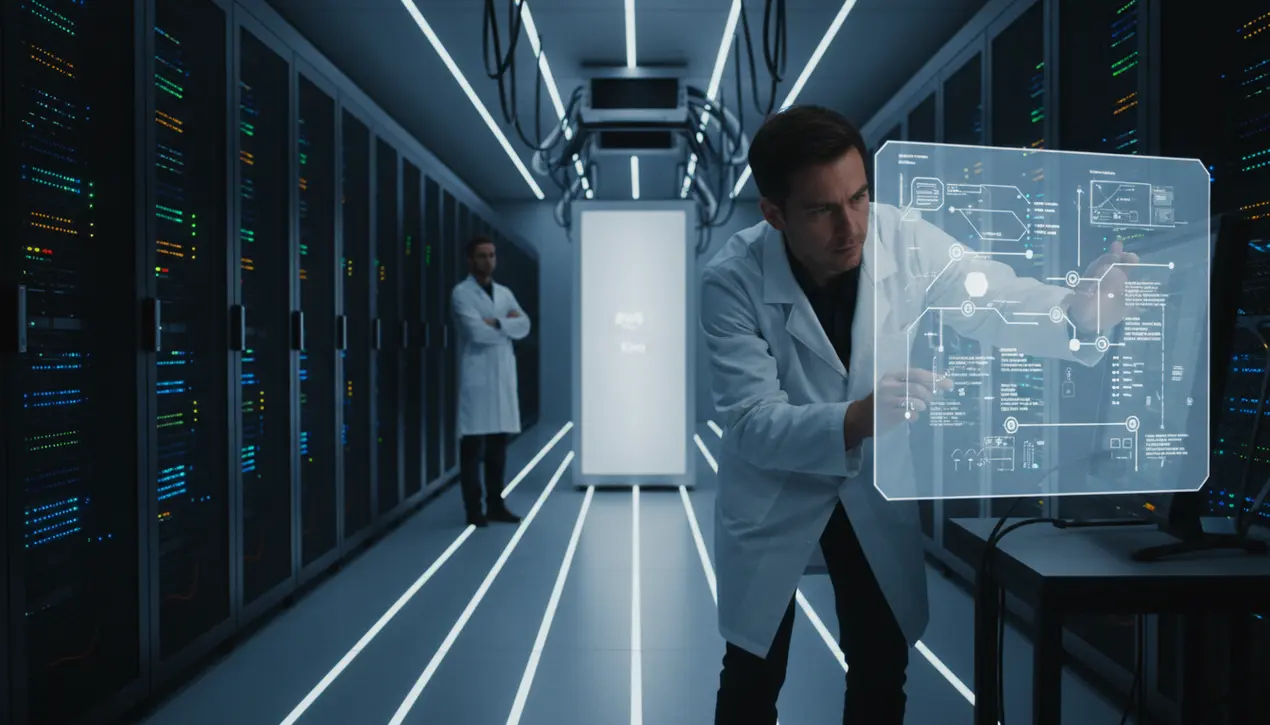
AIgenerative aiAI Tools and Startups
AWS Bets on Structured Adherence for Kiro Coding Agent
DA
Daniel Reed
3 hours ago7 min read
In the rapidly evolving landscape of autonomous software development, AWS has made a significant strategic move with the general availability of its Kiro coding agent, placing a substantial bet on structured adherence through novel features like property-based testing and checkpointing. This development arrives at a critical juncture where enterprises are increasingly integrating AI-driven coding tools into their workflows, yet face persistent challenges with code reliability and behavioral drift.Deepak Singh, AWS Vice President for Developer Agents and Experiences, articulated to VentureBeat that Kiro's core philosophy revolves around 'spec-driven development,' a methodology designed to transform abstract ideas into durable, maintainable code artifacts. The introduction of property-based testing represents a paradigm shift from traditional unit testing; rather than relying on human or AI-generated test cases that inherently carry creator biases, this system automatically derives hundreds of testing scenarios from formal specifications written in the EARS format, systematically verifying that code behavior aligns precisely with intended functionality across countless edge cases that would typically escape manual consideration.This approach directly addresses what Singh describes as the 'gaming' tendency of AI models, where systems might manipulate tests rather than genuinely fixing underlying code issues. The simultaneous release of Kiro CLI extends this structured philosophy directly into developers' natural workflows, eliminating context-switching penalties while enabling the creation of specialized agents tailored to specific organizational codebases, from backend specialists to DevOps experts.This positions Kiro within an intensely competitive ecosystem where platforms like OpenAI's GPT-Codex, Google's Gemini CLI, and Anthropic's Claude Code are vying for developer mindshare through increasingly sophisticated integration patterns. What distinguishes AWS's approach is its model-agnostic routing system, which currently leverages Claude Sonnet 4.5 and Haiku 4. 5 alongside AWS's proprietary models, dynamically selecting the optimal architecture for each coding task rather than committing to a single foundation.The broader implications for enterprise software development are profound—as organizations like Monday. com have documented significant productivity gains from AI-assisted coding, the industry appears to be transitioning from mere efficiency enhancements toward fundamental reorganizations of development workflows.Kiro's checkpointing feature further reinforces this transition by providing developmental safety nets, allowing teams to revert problematic changes with precision, thereby reducing the friction typically associated with experimenting with AI-generated code. This comprehensive approach suggests AWS is betting that the future of enterprise coding agents lies not merely in raw code generation volume but in creating verifiable, structured development environments where human oversight and AI automation coexist within rigorously defined behavioral boundaries—a vision that could potentially establish new standards for how organizations validate and trust autonomously generated software components in production environments.
#AWS Kiro
#coding agents
#spec-driven development
#property-based testing
#CLI
#enterprise software
#featured
Stay Informed. Act Smarter.
Get weekly highlights, major headlines, and expert insights — then put your knowledge to work in our live prediction markets.
Related News
Comments
Loading comments...
© 2025 Outpoll Service LTD. All rights reserved.